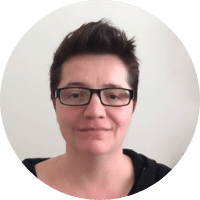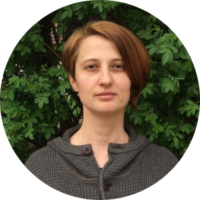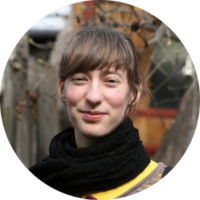All students who sign up for the Test Design course must have successfully completed the BBST® Foundations course.
The BBST® Test Design course aims to help you become a more adaptable tester, giving you the knowledge to thrive in this fast-paced industry. You will learn to design powerful tests that lead to the discovery of important bugs with both exploratory testing and test automation. The course introduces a collection of 75 testing techniques and then presents the following subset of them in detail:
- functional testing and tours
- risk-based testing
- spec-based testing
- scenario testing
- domain testing
- multivariable testing
You will get extensive practice with the six techniques above, and a good understanding of their core strengths, their limitations and their applicability to your own context.
REGISTRATION
Oct 26 – Nov 22, 2025
English
Online
Instructors:*
Register until: Oct 22, 11:59pm GTM+2
*The final number of instructors might differ based on the number of students joining the class. We reserve the right to change, remove or add other instructors if the situation requires it. We guarantee that all modifications are made to ensure the highest quality possible.
BBST® TEST DESIGN COURSE DETAILS
The course includes video lectures, quizzes, homework of various kinds, and a final exam. All of the homework, and the exam, are reviewed by instructors, and individual + class-wide feedback is provided.
We have strict deadlines in the course to keep you on track and synchronized with your classmates so feedback from peers is available for everyone. Each week has two deadlines: Wednesday night at midnight and Saturday at midnight. Not in our time zone? That’s no problem at all. Your Canvas classroom calendar will convert the time zones for you.
Here are the objectives of this course:
Gain familiarity with a variety of test techniques (Remember)
Learn structures for comparing objectives and strengths of different test techniques (Understand)
Use the Heuristic Test Strategy Model(Bach) for test planning and design (Apply)
Use concept mapping tools for test planning and specification-based analysis (Analyze)
Function testing (Apply)
Risk-based testing (Analyze)
Specification-based testing (Analyze)
Domain testing (Create)
Scenario testing (Understand)
Multi-variable testing (Apply)
For this course, as you are accustomed already, you will use multiple resources to study:
the video lectures and slides
the assignments and labs in the Canvas platform
the required and recommended readings
The assignments are based on all these resources. This means that you will need to use them all in your learning in order to successfully accomplish the tasks for the course.
COURSE TESTIMONIALS
It is a good one, not an easy one. It lead to a lot of learning on particular bugs and how to target them, thinking in terms of test techniques. It’s definitely worth the investment and can help you grow your testing skills.






